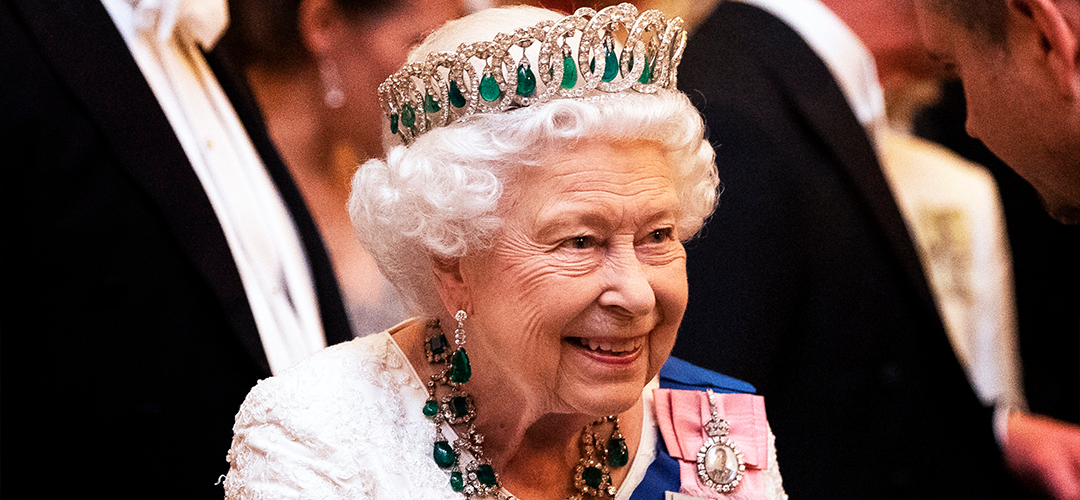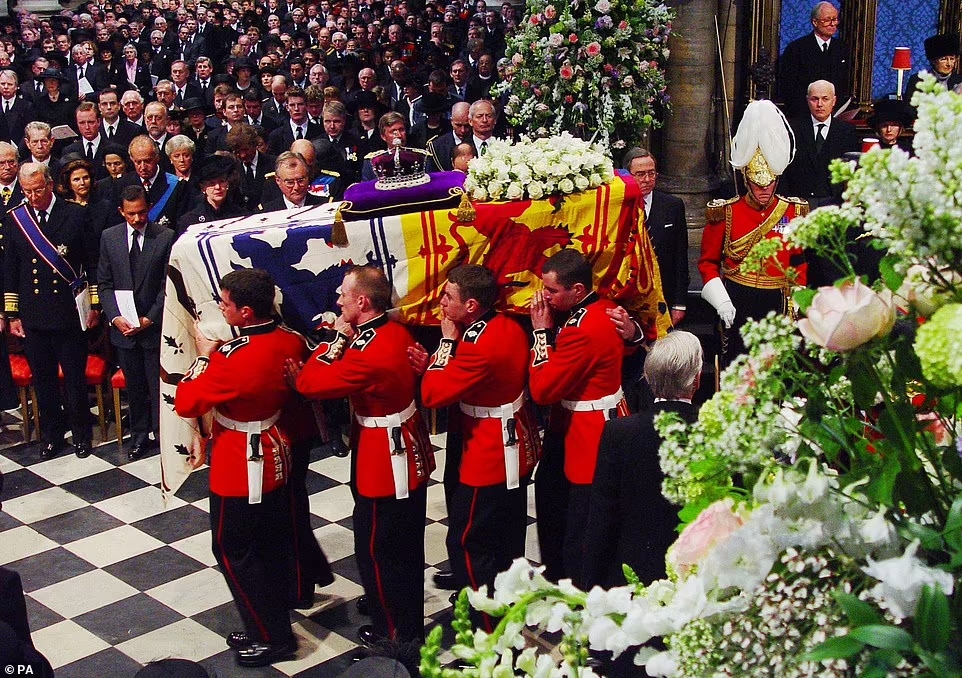FAREWELL TO THE QUEEN
September 10, 2022 | Expert Insights

As the Sovereign, Queen Elizabeth II presided over the comings and goings of 15 prime ministers, with Liz Truss being the last one. It is safe to say that the Queen’s reputation with the British public remained far better and warmer than any of theirs, with the possible exception of her first prime minister, Sir Winston Churchill.
To the world, however, she and the British monarchy have a connection to Britain's history in both a negative way and a positive one.
The negative aspect is that her succession to the British throne in 1952 took place at a time when Britain's empire was indeed still the world's largest. That British Empire was almost completely dismantled during the following decades, culminating in the return of Hong Kong to Chinese rule in 1997. Yet protests and controversy about the legacy of the empire still occur amid claims in some of those countries for the payment of reparations for the slavery used by the empire, especially during the 18th century.
With that negative memory of empire also comes a reminder of how much Britain's role and power in the world have declined during her reign. A country which in Queen Elizabeth's youth had been an imperial force, largely promoting its own interests and bossing colonies around, became much more collaborative with others through NATO, the EU and various UN bodies.
Sadly, there is no doubt that nostalgia for the imperial era lay behind some of the desire among political elites to leave the EU with the 2016 referendum and to “take back control”, as the Brexiters’ slogan said. The Queen’s opinion on Brexit is not known, of course, but it is nevertheless clear that the sort of aristocratic British society that is still centred on the Royal Family contains a lot of people who will have favoured Brexit.
The positive aspect of the Queen's connection to British history is, however, that both she and the monarchy symbolise and even embody a strong tradition of pragmatism. Nothing could seem more English than the Royal Family, and yet for more than three centuries, British monarchs have all been imported from European dynasties.
Alongside came a steady erosion in the political and legislative powers of the monarch. Very plainly, Queen Elizabeth understood right from her succession in 1952 that her primary obligation was to remain silent on any and all issues of political controversy. This was not new: as the Victorian writer Walter Bagehot wrote in his 1867 book "The English Constitution", the role of the monarch was "to be consulted, to encourage and to warn", and nothing more than that.
By the 1950s, even the right to encourage and to warn had pretty much disappeared. The Queen was still "consulted" by means of regular visits by the prime minister, but there is little evidence that these conversations have ever influenced government policy, even though in recent decades, Queen Elizabeth was a lot more experienced in national and global affairs than were any of her prime ministers.
This poses something of a problem in modern Britain in which prime ministers such as Boris Johnson have succeeded in undermining traditional rules and conventions that aimed to constrain their executive power. For where other Heads of State can act as checks or balancers, in Britain, there is a constitutional vacuum.
When Queen Elizabeth succeeded to the British throne, she was also the Head of State of more than 30 other countries. During her reign, 17 of those chose to replace the British monarch with their own Head of State, most recently Barbados in 2021. With King Charles's succession, many of the 14 remaining former colonies over which he will nominally reign, which include Canada and Australia, are likely to take the opportunity to replace him with a system of their own.
The paradox of Queen Elizabeth II is that a woman who was required by her role to be largely silent and to hide her own personality came to represent such a strong image of continuity and history, thanks to her longevity. She had her troubled moments; notably, the collapse of three of her children's marriages and the shocking death of her heir's then ex-wife, Diana, almost exactly 25 years ago brought a brief period of unpopularity. But the principle of personality suppression still held, enabling her popularity to recover.
King Charles comes to the throne at the age of 73 with the disadvantage that the public thinks they know quite a lot about his personality, thanks to the tragedy of Diana and to views he has made public in the past about the environment and about architecture. He will now have to suppress that personality and those views.
By no fault of his own, however, the British monarchy will now look like a somewhat diminished entity, for it has lost that 70 years of continuity, duty, and decency his mother came to represent. She will not just be a hard act to follow but an impossible one.









Comments